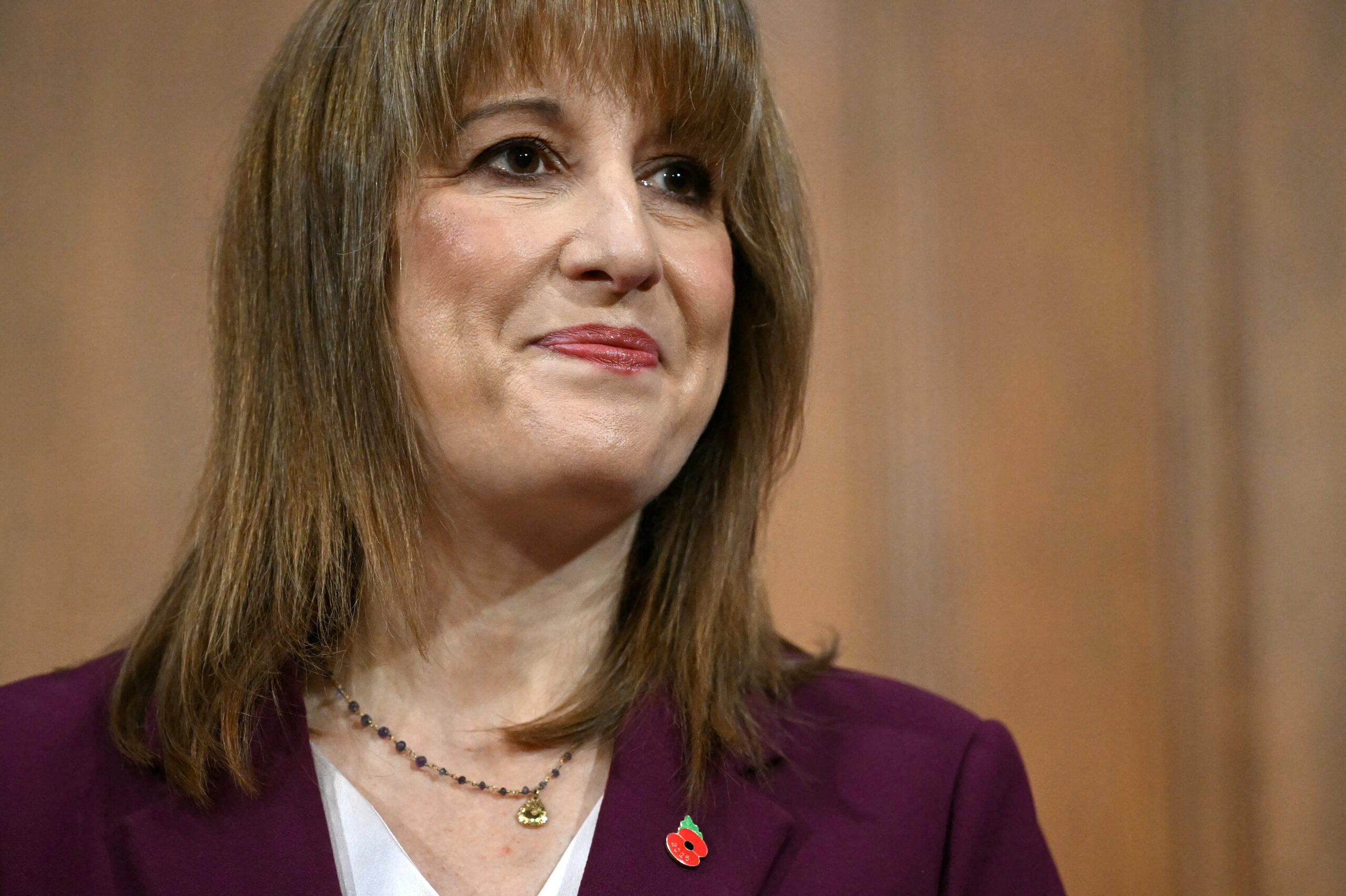The Chancellor’s New Revenue Plans Are a Boon to the Wealthiest
Bond markets call the shots.
by Steven Methven
24 November 2025

On Wednesday, chancellor Rachel Reeves will unveil her latest fiscal regime, but it’s unlikely to hold a lot of surprises. That’s because just about every possible economic policy has already been briefed to the press.
Reeves has spent weeks injecting the media like lab guinea pigs, not with smallpox but small revenue raisers, before taking careful note of the results. Notes from the bond market, mind you, rather than the electorate.
Yep, it’s not British voters but international finance doms in the city cracking the political whip. They have the Treasury so tightly Trussed (geddit?) that even Christmas turkeys are shedding tears.
In interviews and briefings across the weekend, Reeves has done her best to reassure both Labour backbenchers and the bond markets that Wednesday’s budget will meet their opposite needs.
Many MPs will be looking for an end to the streak of savage cruelty that Reeves and prime minister Keir Starmer tried – and largely failed – to inflict on the country’s poorest in an effort to balance the nation’s books. Sweeteners in that direction already hinted at include, finally, the dropping of the two-child benefit cap.
But it’s the response from the markets, which issued £117bn of new government debt in the first seven months of this year alone, that will likely decide whether Reeves, and indeed the entire Starmer regime, survives through next year.
And every indication is that those who’ve loaned the government money – once largely pension funds but now cavalier, profit-maximising hedge funds and foreign investors – want to see the chancellor significantly increase the Treasury’s revenue on Wednesday.
Now, that was going to take the form of a 2p hike in income tax, with Reeves preparing to bin the party’s 2024 manifesto pledge to not do exactly that. But earlier this month, the plan was scrapped after the Office for Budget Responsibility (OBR) re-swirled the tea leaves and fished out an improved forecast for the country’s fortunes. Did the markets like it? Did they hell.
Interest rates on British bonds – called the yield – shot up, making our already eye-watering debt repayments even more expensive. Normally, that indicates the market thinks Britain’s economy has become a riskier bet. But in this case, there was no material change. Nothing got riskier. In fact, according to the OBR, things looked better.
Everybody knows Reeves needs, one way or another, to raise around £20bn in this budget. But it seems the markets only liked her doing it via a tax on workers, while other routes to revenues, ones perhaps angled at the very rich, earned a rebuke.
The larger political question is this: why was Reeves running policy by the markets before the electorate in the first place? And the answer is that she’s built her entire economic credibility on pleasing them. Which is just another way of pleasing the wealthy.
When Liz Truss was forced to resign over her chancellor Kwasi Kwarteng’s tax-cutting mini-budget in 2022, she quickly blamed “a very powerful economic establishment” for the cost of borrowing going through the roof.
Whatever you thought of her plans, Truss was at least trying to do something. She got it very wrong, but her legacy wasn’t just a long-lived lettuce. It was also Reeves’s permanent and paralysing terror of a market blip.
That terror is also self-made, with Reeves having shaped all her messaging around the spectre of another Truss moment. Her core values – responsibility, stability, tough decisions – are designed to make the country more appealing to wealthy lenders.
Such is the iron grip of the markets on our politics that you now can’t even suggest loosening it without being labelled Truss 2.0.
Reeves’ new revenue plans, pitched this weekend, include a freeze on income tax thresholds until 2030, meaning that as salaries increase more people will be dragged either into tax or higher tax. That is a tax on working people, leaving the wealthiest already in the highest band unaffected. So that’s one boon to the rich. Another is her deference to the bond markets. After all, it’s hardly your average wo
Steven Methven is the editor of Novara Live, Novara Media’s nightly news and politics YouTube show.


